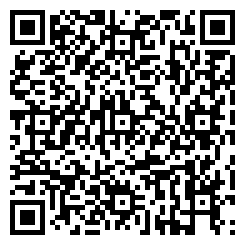Cubing Dice (Below Readiness)
Role the dice and answer the questions
Differentiate by readiness. For instance, when assigning groups to critique articles on history based on a list of facts, how what kind of articles would you assign to the group of students who are below readiness? (Evaluation)
- Category: Other
- Author: Isaac Van Loh
- Language: En
Dice in this category
Sides
- Use teacher-led groups. When instructing small groups to identify sentences in an article about European colonialism, differentiate for the small group of students below readiness. (Knowledge)
- Use student-led groups. In amcircle share on Civil War causes, in which students in a circle explain Civil War causes with the next student recording, how would you arrange the seating order to accommodate for the students below readiness? (Comprehension)
- Use group roles to ensure that each student is a valued teammate. When asking groups to apply the four theories of international relations to given situations, what group roles would you assign students who are below readiness? (Application)
- Use flexible grouping to meet students in their ZPDs. When having students examine the Declaration of Independence, what would be good supplemental material for the group of students below readiness to help find reasons for independence? (Analysis)
- Provide clear examples and expectations for group work. For instance, when having students devise a hypothetical expedition to the New World, what would be some good ways to model the expedition for the group of students below readiness? (Synthesis)
- Differentiate by readiness. For instance, when assigning groups to critique articles on history based on a list of facts, how what kind of articles would you assign to the group of students who are below readiness? (Evaluation)
Create custom dice

Qr Code of this dice. Put it on your web, printed on your game or on a sticker.
> Download .png



